Are These Images of People Resting in New York Dreamy or Voyeuristic?
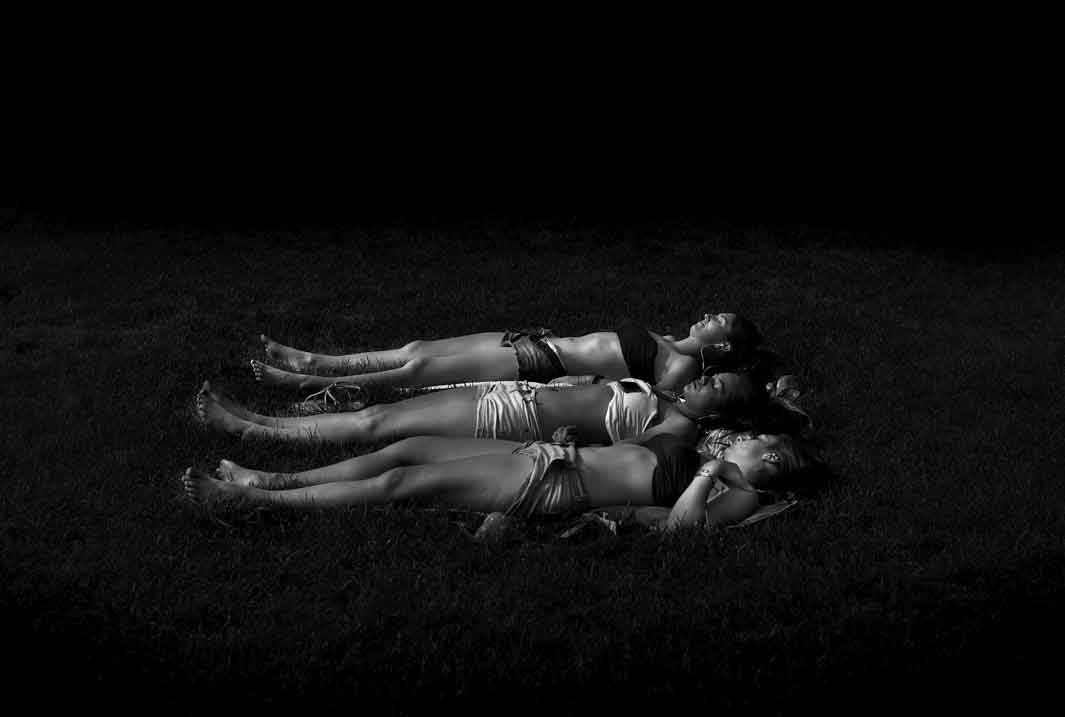
Michael Massaia
Michael Massaia’s dreamy black-and-white photographs of Central Park speak to his aesthetic of isolation and detachment. Landscapes like these can look hauntingly beautiful, but it’s tricky to create the same feeling using human subjects. For the past decade, Massaia has worked on a series with a focus on people, also taken in Central Park (although some are from Bryant Park) that he titles “Deep in a Dream.”
“I’m not a portrait guy,” he said. “I don’t like it when people know there’s a camera in the vicinity, even if a photographer uses the more ‘candid’ shots taken in between. People just act differently when they know there’s a camera around; when they understand that in some way, everything is different. They become an exaggerated version of themselves.”
When Massaia first began photographing his often-sleeping subjects, he did it from a distance, using a large-format camera with a long lens. But he didn’t like the results: The photographs, he said, were too “flat,” and it was obvious he was shooting from a distance. To mix things up, Massaia kept his bulkier camera but put on a much shorter lens and stood around a foot away from his subjects.
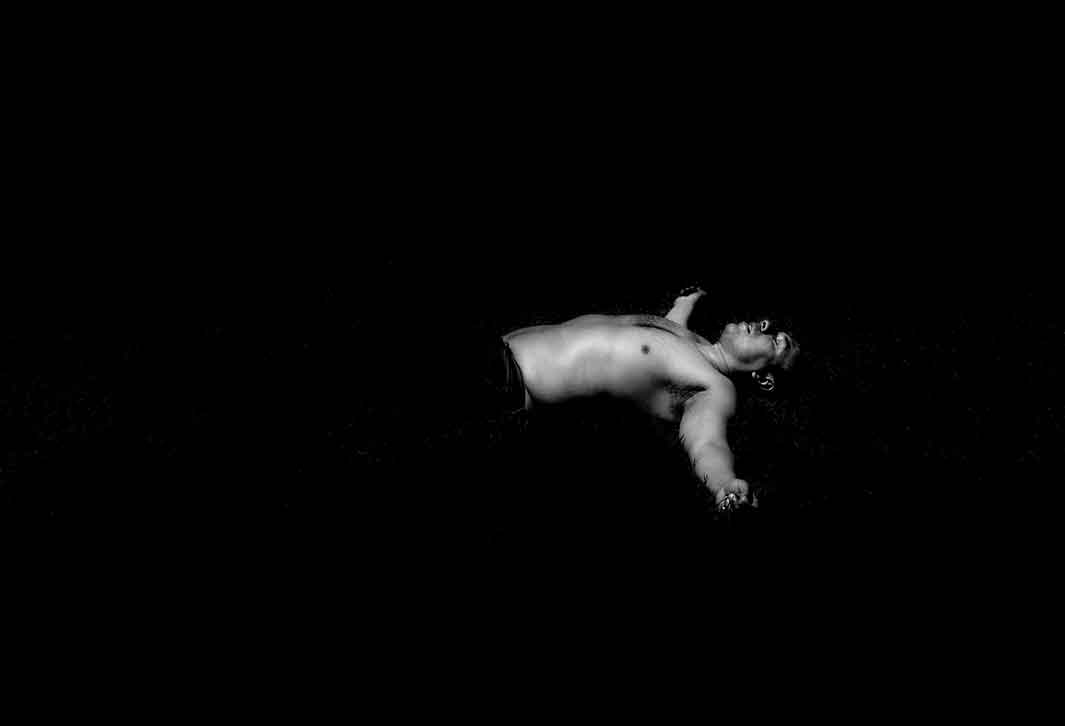
Michael Massaia
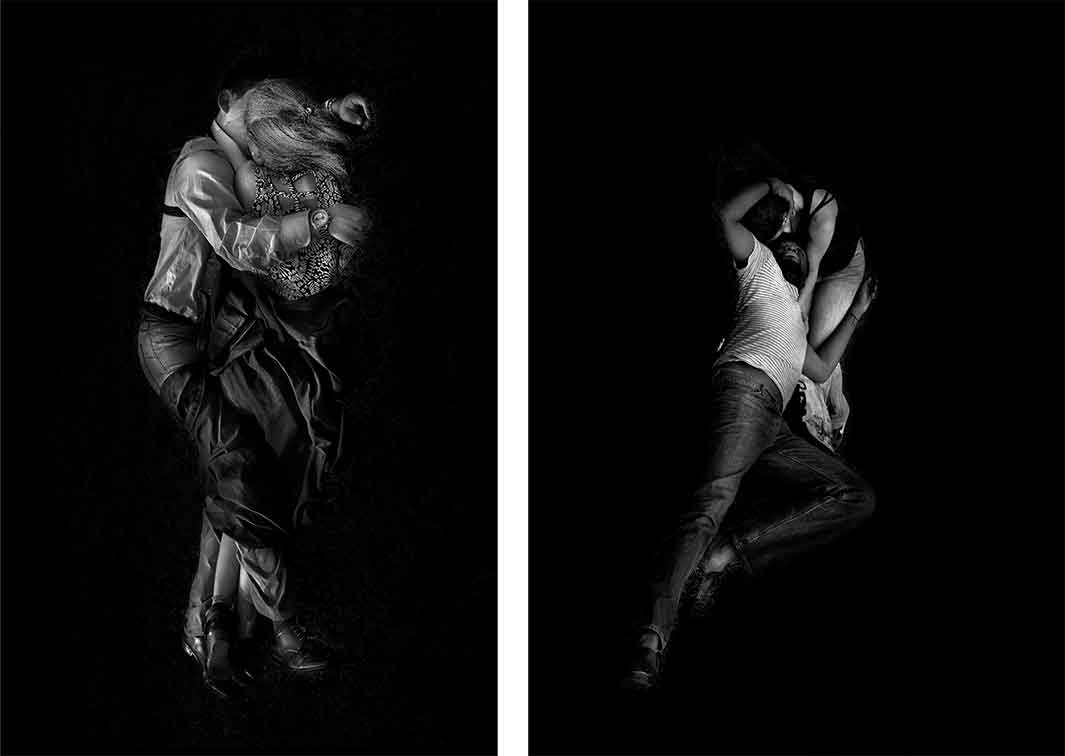
Michael Massaia
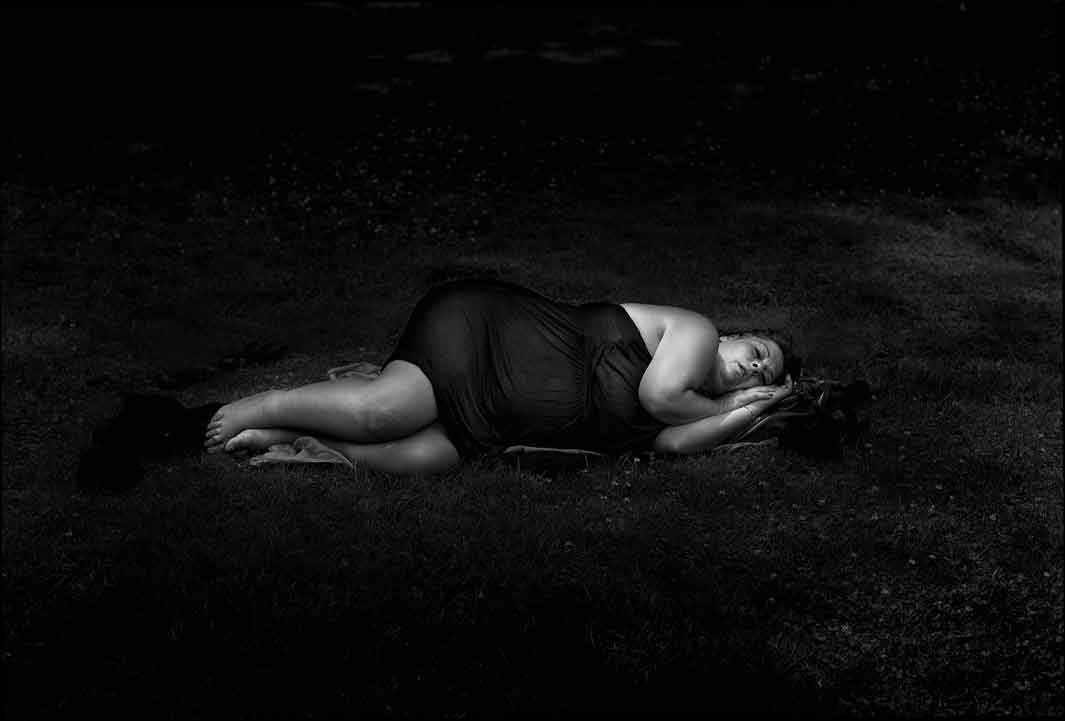
Michael Massaia
Massaia said often spends a week at a time walking from Bryant Park up about 70 blocks to Central Park’s northern border. He said he looks for sculptural poses and might get one usable image during that period. Grass, he said, is important, because it allows him the chance to produce deeper blacks in the darkroom. (By contrast, he said, he would never be able to pull off the work if his subjects were on sand.) He also uses a flash to create even richer tones and handmakes all of the gold toned gelatin silver prints.
Throughout the series, he wanted to capture the sense he gets from his subjects that they were letting go, even in the middle of a pressure-cooker city like New York.
“There was such a sense of relief,” he said about the poses his subjects take. “I felt I was capturing something, an unseen New York experience, that you can be in the middle of that city and have a moment of complete surrender.”
“When I first started I was looking for people producing straight lines,” he added. “As time went on, what excited me was when people almost looked like they were out of control, their arms and legs were flailing. It kind of exaggerated that sense of losing yourself for a few hours or for a few minutes.”
Over the course of a decade, not one subject has noticed Massaia. He feels it’s strange since the equipment he uses is fairly conspicuous. The people he isn’t photographing, however, do notice him, which makes him feel uncomfortable.
“I’m the [last] person who wants to be in that situation,” he said. “I don’t even like driving around during the day. But when I get an idea, it takes president over everything; I don’t have much control over it at that point. I hope people notice they are done with the best intentions.”
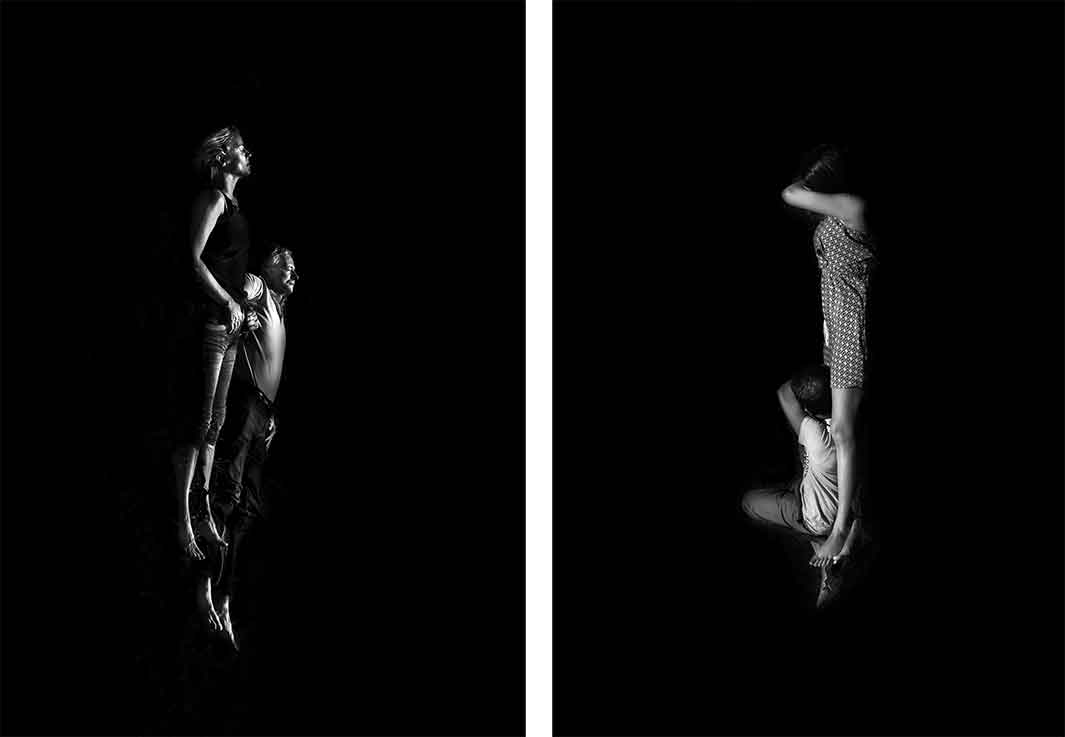
Michael Massaia
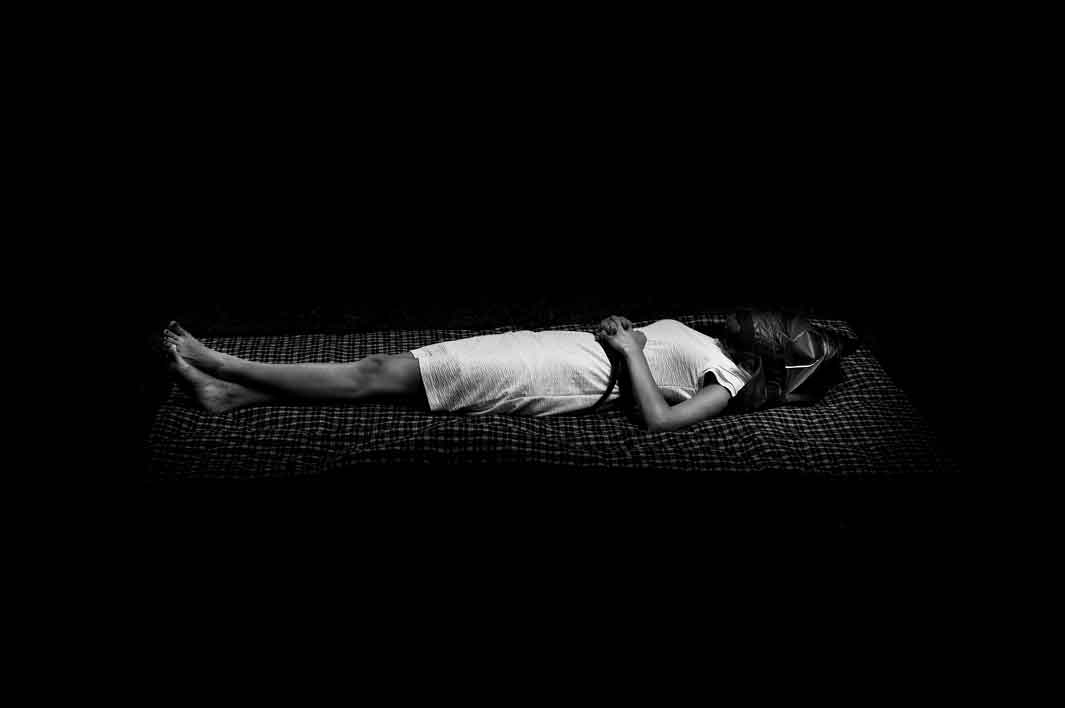
Michael Massaia
